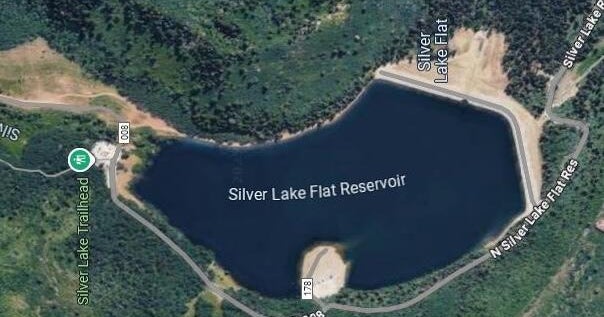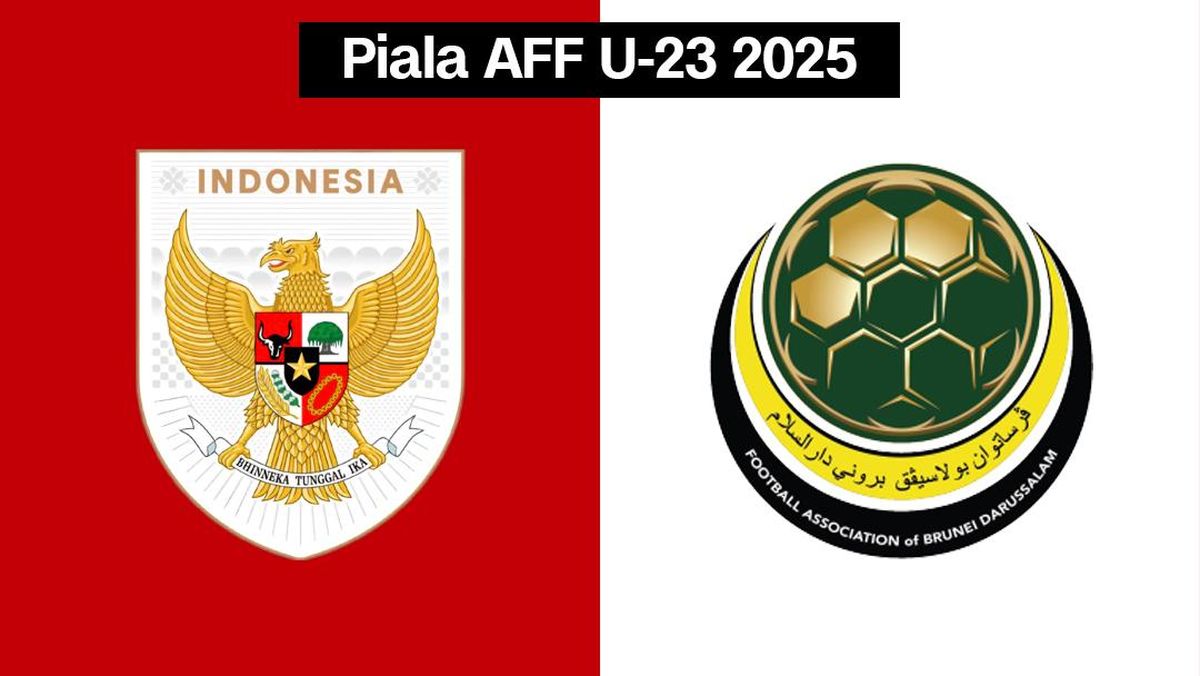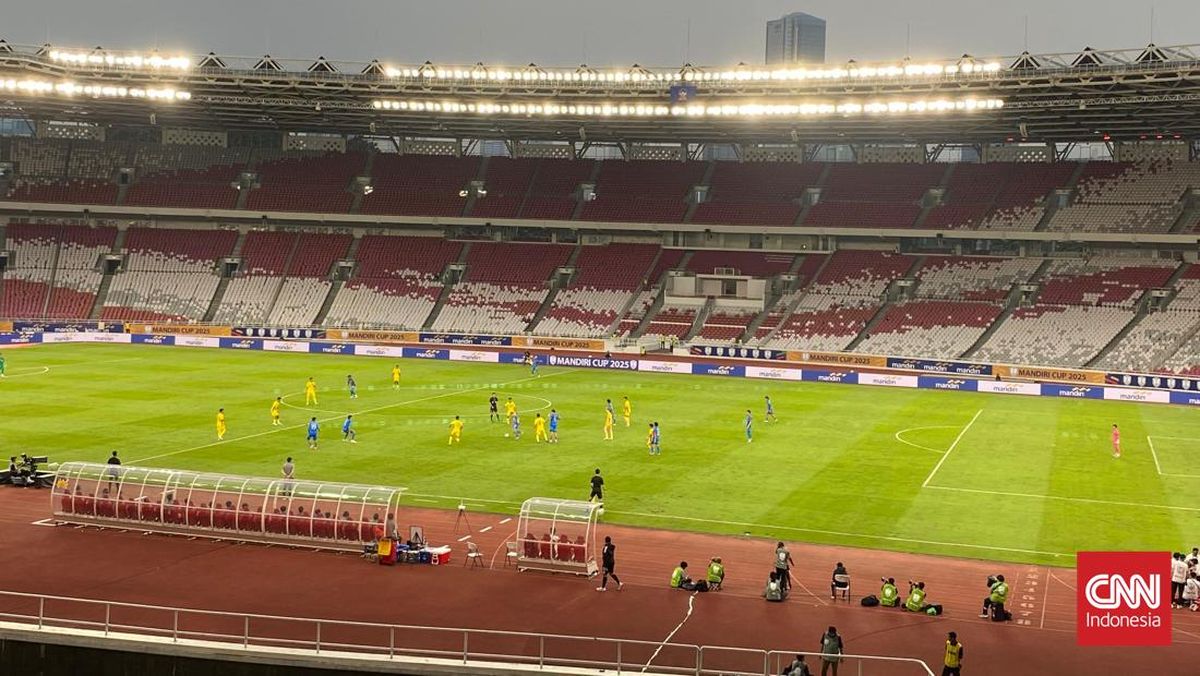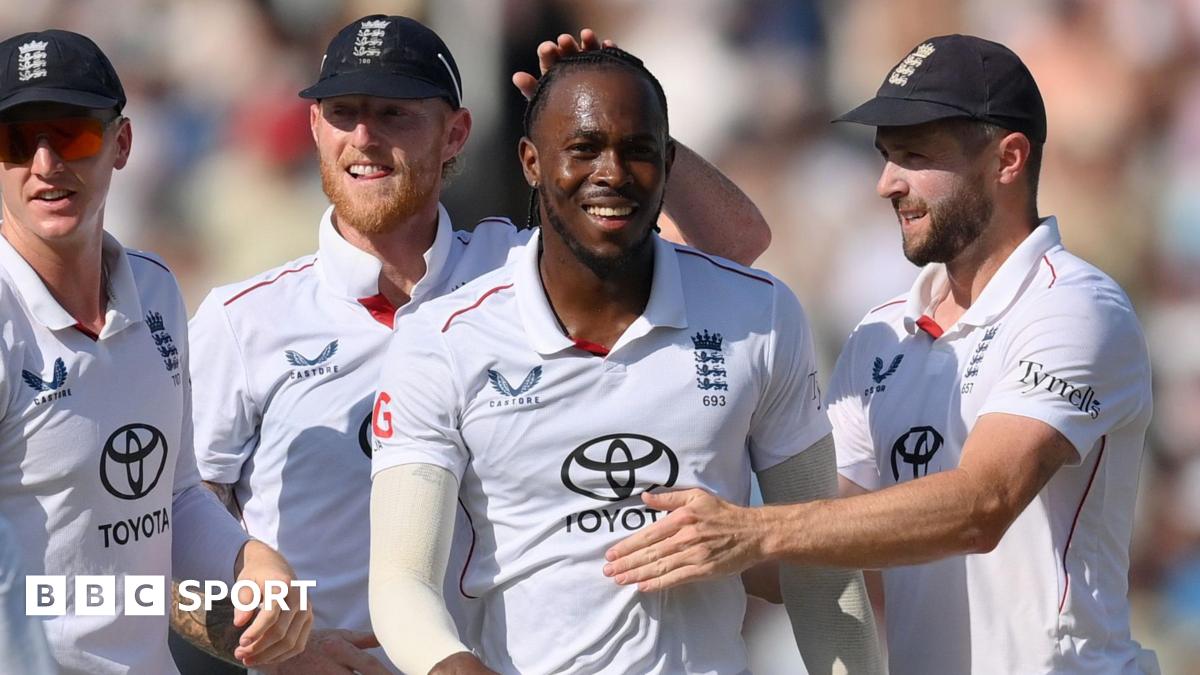I wonder whether National Australia Bank’s chief executive, Andrew Irvine, has decided to participate in “Dry July”, following the explosive report that some major shareholders have expressed concerns about his drinking and his management style.
Shareholders airing their grievances about executive behaviour at top 20 companies is pretty unusual. And for institutional investors to draw attention to a chief executive’s drinking as a red flag, as reported by The Australian Financial Review, is even rarer.

National Australia Bank chief executive Andrew Irvine took the top job in April last year. Credit: Dominic Lorrimer
It has left Irvine in the invidious position of whether to respond to a “do you beat your wife” type of question. And NAB will now undoubtedly be engaged in a fishing expedition to find out who said what to the media.
So far, there has been no official response from the bank’s chairman, Phil Chronican. NAB has gone to ground, which can sometimes lead to more drama, as it leaves the door open to the spread and amplification of rumours.
The complaint was apparently made directly to Chronican, at a lunch at which fellow director Simon McKeon also attended, is not one he can ignore, even if no disciplinary action will be taken against Irvine.
Loading
Instead, NAB’s internal response has been to step up external mentoring of key personnel, including the chief executive. Whether the complainants, one of which is reportedly fund manager Pendal’s head of investments, Crispin Murray, have a broader beef with the management or performance of the bank isn’t clear.
In a general sense if a business is doing well, shareholders are unlikely to take issue with how it is being run. And it is unusual for shareholders to play the role of the “sobriety police”.
Irvine’s predecessor, Ross McEwan, is credited with turning the bank around after years of mishaps under previous regimes in which the bank displayed an uncanny accuracy in shooting itself in the foot.
And the general industry consensus is that Irvine has made a fair fist of continuing McEwan’s strategy and defending its position as Australia’s leading business bank in the face of intense competition from its major rivals, Westpac, the Commonwealth Bank and ANZ.
While the AFR report noted shareholder concerns about Irvine’s management style it didn’t provide particulars. And distilling the views of industry insiders, Irvine style is generally described as direct and straight talking.

General industry consensus is that Andrew Irvine has made a fair fist of defending its position as Australia’s leading business bank.Credit: Bloomberg
The area where there has been some investor disquiet has been the recent exit of senior executives from NAB’s ranks, including former head of NAB’s business banking unit, Rachel Slade, and chief financial officer Nathan Goonan. Slade has been replaced by Irvine’s former Canadian colleague Andrew Auerbach, and Goonan is joining Westpac.
But if shareholders have concerns about Irvine’s performance, it hasn’t been reflected in the bank’s share price. This year, NAB’s stock has risen 6.5 per cent. And while this has been eclipsed by CBA’s gravity defying performance of an almost 17 per cent increase, NAB shares have outperformed Westpac and ANZ.
Meanwhile, concerns about having “one too many” is not a first among banking executives, and the concern of the shareholders is just as likely to have been informed by the growing intolerance of alcohol at any work/social gathering.
Loading
Work lunches, and even dinners, have become increasingly “dry” events with less blurring of the lines between business and pleasure.
The revelation of this potential governance concern coincided with NAB share underperformance on Tuesday relative to its peers. And with NAB in damage control, the bin fire ignited by the report will need the bank’s public relations and investor relations teams to be at their best as they hose things down.
The Market Recap newsletter is a wrap of the day’s trading. Get it each weekday afternoon.
Most Viewed in Business
Loading

















































